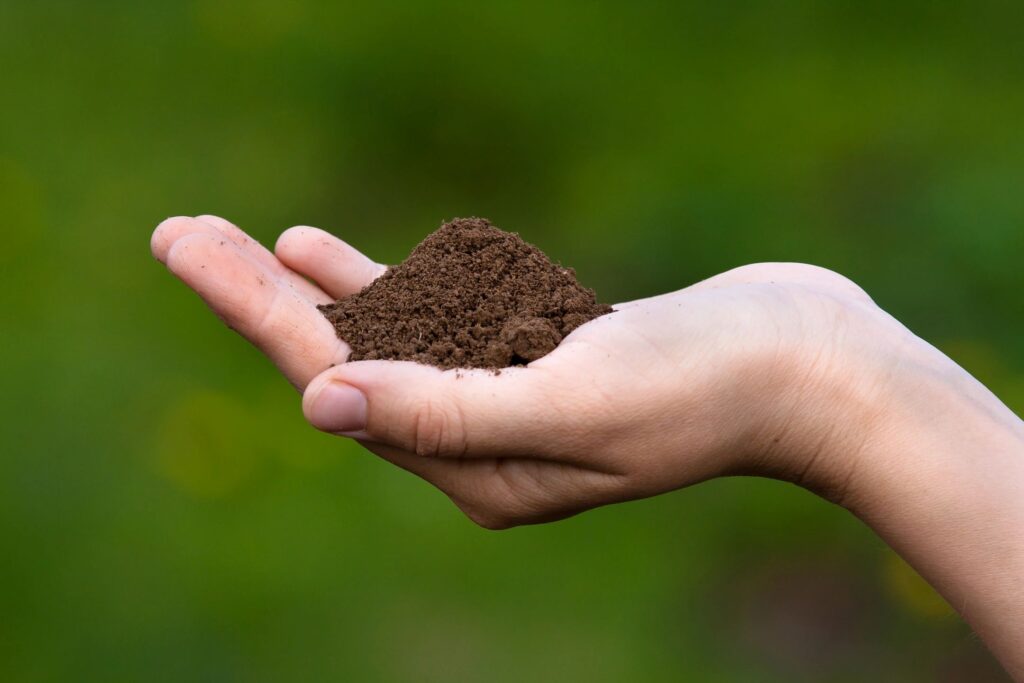When starting to garden, many people question the differences between fertilizers. Which fertilizer is best for their needs? Can synthetic fertilizers do the same things organic can?
To answer these questions, we should start with the basics.

What is Fertilizer?
Fertilizers can be thought of as supplements for the soil. Just like humans, plants need various nutrients, and some soils don’t possess the needed nutrients.
It is important to note that although not all soil possesses the needed nutrients, many soils do. It is possible to put too many nutrients into the soil—doing this could stunt plant growth.
Synthetic vs. Organic
There are two larger categories of fertilizer to look at. For the most part, both options provide nutrients to the soil to help gardens flourish. However, there are some key differences between the two options.
Synthetic fertilizers are manufactured from chemically-processed products. These refined chemicals seek to provide a more consistent ratio of nutrients to the soil. In addition, the formulas for synthetic fertilizers tend to be more fast-acting, allowing for a faster deposit of nutrients into the soil.
However, synthetic fertilizers have been known to have a few drawbacks. When using synthetic fertilizer there is a potential for toxic chemicals to build up in the soil, preventing plant growth. The fertilizer itself is not as economically friendly as it is made from chemically processed products.
On the other hand, there are organic fertilizers. These are typically made from the waste of animals or plants but can also be made from powdered minerals. Made with minimal processing, these fertilizers are sustainable and economically friendly options to enrich the soil. The slow release of nutrients into the soil makes it more difficult to over-fertilize, which prevents one potential harm.
Still, there are also some drawbacks to consider. As with many organic options, these fertilizers tend to have more expensive up-front costs. Plus, organic fertilizers require more labor to apply and cannot have guaranteed nutrient ratios.
Senior Security Alliance USA updates once a week providing readers with the answers to all their gardening questions. Be sure to stay up-to-date by following us on Facebook and Twitter!
